-
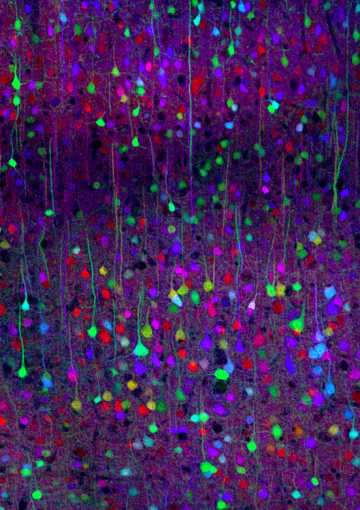 21 October 2019
21 October 2019Synaesthesia gives new insights into how we experience the world around us
Sometimes described as a blending of the senses, synaesthesia is an unusual trait where exposure to a triggering stimulus (e.g. music or letters of the alphabet) causes an immediate additional...
-
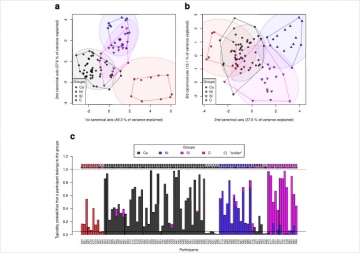 19 August 2019
19 August 2019Variation in the shape of speech organs influences language evolution
Why do speech sounds vary across languages? Does the shape of our speech organs play a role? In a computer modelling study reported in Nature Human Behaviour, researchers from the Max Planck Institute...
-
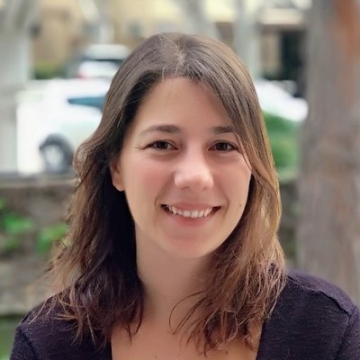 13 April 2019
13 April 2019Otto Hahn Medal for Sara Busquets Estruch
Each year, the Max Planck Society awards up to 30 young scientists and researchers for outstanding scientific achievements with the Otto Hahn Medal. Sara Busquets Estruch of the MPI for...
-
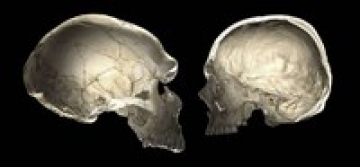 13 December 2018
13 December 2018Neandertal genes shed light on unique aspects of the modern human brain
A characteristic feature of modern humans is the unusually round skull and brain, in contrast to the elongated shape seen in other human species. By studying Neandertal DNA fragments found in the...
-
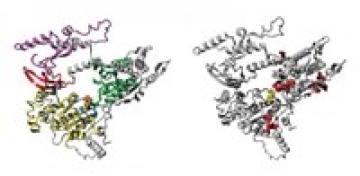 06 November 2018
06 November 2018A newly identified disorder of human brain development, with macrocephaly and impaired speech and language
Some genes are especially important for regulating the development of the human brain. When a child carries a mutation disrupting one of those genes, this can lead to problems with aspects of...
-
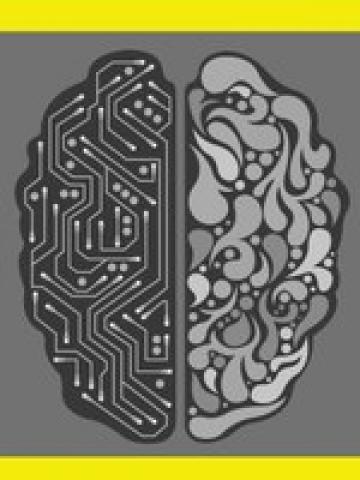 16 May 2018
16 May 2018A new map of asymmetry in the human brain
A research team led by the MPI for Psycholinguistics has compared a massive number of 17,141 brain scans to examine the similarity in anatomy of the left and right brain halves. The brains of people...
Share this page